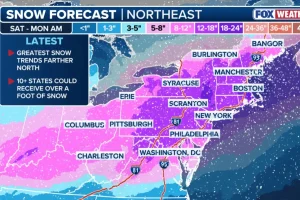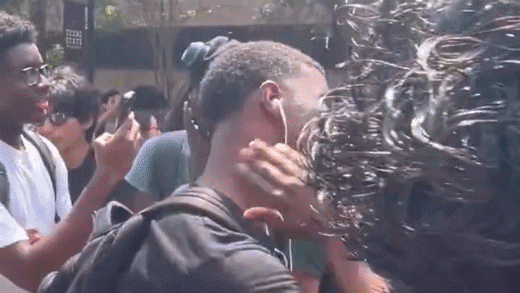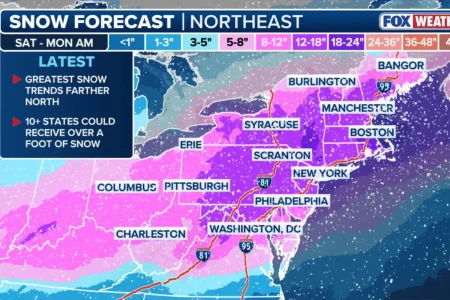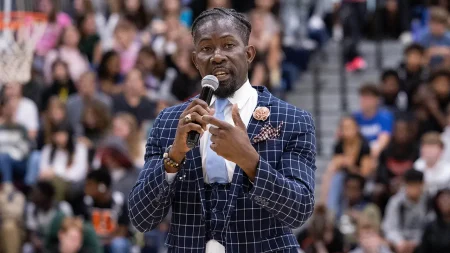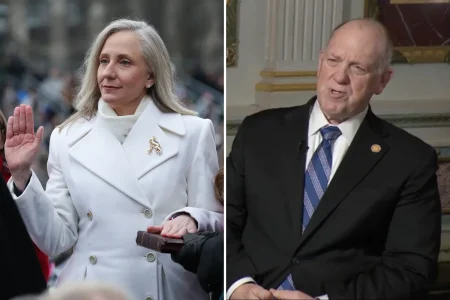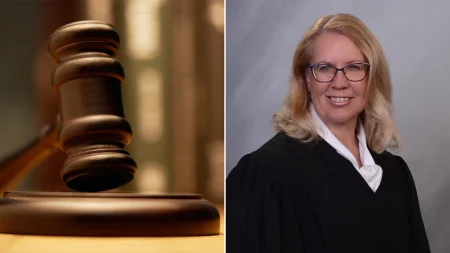Campuses React to Mockery of Charlie Kirk Following Assassination Attempt
In the wake of a shocking incident involving TPUSA founder Charlie Kirk, university administrators and state officials have taken strong stances against students who appeared to mock the conservative activist’s assassination. The disturbing displays have sparked intense debate about campus conduct, free speech boundaries, and the normalization of political violence in America’s increasingly polarized climate.
At Texas State University, a student was captured on video performing what appeared to be a dramatized reenactment of Kirk’s assassination during a memorial event organized by the local Turning Point USA chapter. The footage shows the individual approaching a statue, announcing “Hi, my name is Charlie Kirk,” before simulating being shot and collapsing to the ground. This mockery of the 31-year-old father of two’s death prompted an immediate and forceful response from Texas Governor Greg Abbott, who demanded the student’s expulsion. “This conduct is not accepted at our schools,” Abbott declared on social media. “Mocking assassination must have consequences.” University President Kelly Damphousse echoed these sentiments, stating that “behavior that trivializes or promotes violence is reprehensible” and promising appropriate disciplinary action would follow if the individual was confirmed to be affiliated with the university.
This incident wasn’t isolated. Just one day earlier at Texas Tech University, 18-year-old student Camryn Giselle Booker was arrested and subsequently expelled after allegedly disrupting a vigil for Kirk. According to witnesses, Booker shouted inflammatory statements including “F— y’all homie dead, he got shot in the head” at students gathered near the Student Union Building. The university acted swiftly, confirming that Booker is no longer enrolled, while local authorities charged her with misdemeanor assault. These back-to-back incidents have highlighted growing concerns about campus culture and attitudes toward political violence, particularly when directed at controversial figures.
The response to these events reveals the complex intersection of campus safety, free expression, and political tensions that university administrators must navigate in today’s polarized environment. While some argue that the students’ behaviors constitute protected speech, however distasteful, others maintain that simulating or celebrating acts of political violence crosses a critical line, particularly on campuses meant to foster respectful dialogue across differences. The swift action by both universities suggests an increasing recognition that certain forms of expression can create hostile environments that undermine educational missions and potentially encourage real-world violence.
These incidents also reflect broader national concerns about the normalization of political violence and dehumanization of political opponents. Kirk, though controversial for his conservative activism, is also described in these reports as a “31-year-old father of two,” emphasizing his humanity beyond his political identity. The willingness of some young adults to mock or celebrate violence against political figures—regardless of ideological differences—signals a troubling erosion of civic norms that has many educators and public officials deeply concerned. For universities that have traditionally served as spaces for vigorous but respectful debate, these incidents present difficult questions about how to maintain both free expression and basic human dignity.
As universities and communities continue responding to these events, the debate extends beyond the immediate disciplinary consequences for the students involved. The incidents have become focal points in broader conversations about campus culture, political extremism, and the limits of acceptable discourse in American public life. While Governor Abbott and university administrators have taken clear positions regarding the unacceptability of glorifying political violence, these cases will likely continue to resonate as part of ongoing national soul-searching about how Americans relate to one another across deepening political divides. The fundamental challenge remains: how to preserve spaces for robust political disagreement while drawing clear lines against rhetoric or behavior that normalizes violence as a response to those differences.


